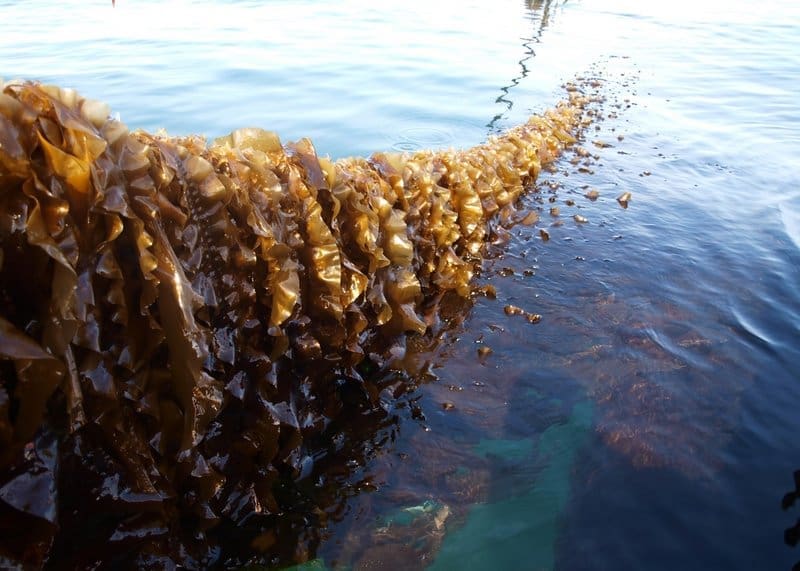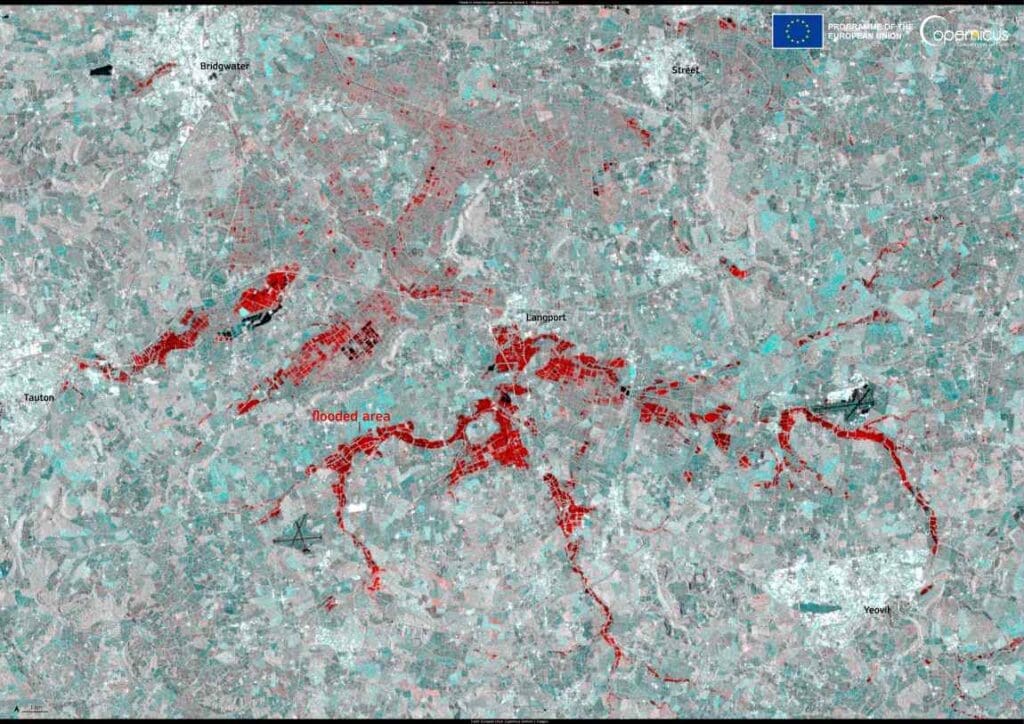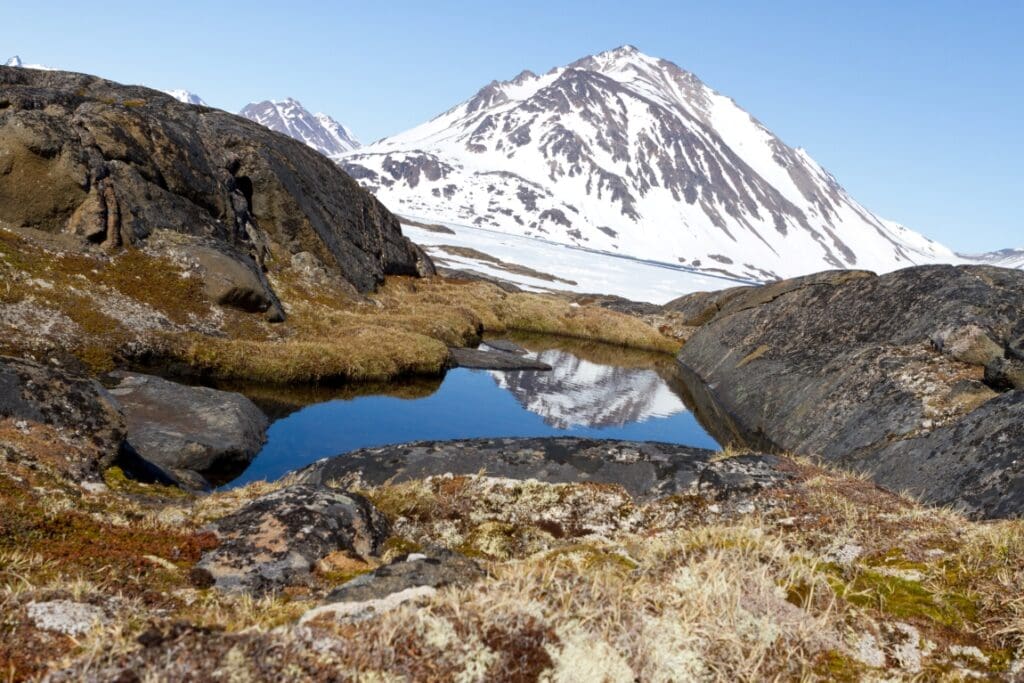This spring marks an important milestone in the dual pursuit of green energy and sustainable food production at Kriegers Flak, Scandinavia’s largest offshore wind farm, located east of Denmark in the Baltic Sea. For the first time, seaweed has been harvested from this offshore facility as part of the ambitious WIN@sea project.
The WIN@sea initiative, a collaboration between Danish universities and industry leaders, aims to explore innovative ways to simultaneously generate fossil-free energy and sustainable food while enhancing marine biodiversity. The project has caught the attention of international scientists and environmentalists alike.
A year of innovation and environmental stewardship
Annette Bruhn, Senior Researcher and Project Leader from Aarhus University’s Department of Ecoscience, highlighted the significance of the initial seaweed harvest: “One of the big milestones will be our initial harvest of seaweed for food production from the offshore wind farm in late spring. We are working to produce both fossil-free energy and sustainable food from the sea in the same place whilst providing data for environmental monitoring.”
The harvested seaweed is set to undergo rigorous quality assessments for its potential use in food production, including seaweed pasta and other culinary products. This dual-use strategy is seen as a significant step towards more integrated and sustainable marine resource management.
Unlocking untapped potential
The WIN@sea project is leveraging the unique environment of the wind farm to cultivate seaweed and mussels in the interstitial spaces between wind turbines. Additionally, researchers are focusing on the impact of artificial stone reefs—created to protect turbine foundations—on local biodiversity, particularly cod populations.
Tim Wilms, Bioscience Expert at Vattenfall, emphasized the broader ecological benefits of the project: “In Vattenfall, we are working for fossil freedom, but not at the expense of biodiversity. There is untapped potential in the areas between the offshore wind farms, and we are pleased to be learning so much about how we can activate these areas to help promote and preserve biodiversity.”
Future prospects and international interest
The project is set to expand its scope throughout the year, with plans to set lines for mussel cultivation and conduct comprehensive studies on the cod stocks inhabiting the areas around the wind turbines. Recreational fishermen and researchers will collaborate in these efforts, contributing to a deeper understanding of marine life dynamics within the wind farm’s vicinity.
The collaborative nature of WIN@sea has drawn international attention, with 47 researchers from over seven countries gathering at Vattenfall’s Klintholm facilities in January to discuss and strategize the year ahead. This diverse group, comprising experts from Aarhus University, the Danish Technological University, the University of Copenhagen, Kerteminde Seafarm, the Kattegat Centre, and Vattenfall, underscores the global significance and innovative spirit of the project.
A model for the future
Kriegers Flak’s pioneering efforts in combining green energy production with sustainable food harvesting and biodiversity enhancement offer a promising model for the future of offshore wind farms worldwide. As the first harvest of seaweed signals the beginning of a new chapter in the project, stakeholders and observers alike are keen to see how these integrated approaches can be scaled and replicated in other marine environments.
This initiative not only showcases Denmark’s leadership in renewable energy but also its commitment to fostering sustainable and resilient ecosystems. The outcomes from Kriegers Flak could redefine the potential uses of offshore wind farms, highlighting their role in a holistic approach to marine resource management.
As the world looks towards more sustainable practices, Kriegers Flak stands at the forefront of innovation, merging the needs of energy, food production, and environmental stewardship in a way that could pave the way for future endeavors globally.
More information: Vattenfall Press Release; WIN@sea project | WIN@sea’s family cooking school Featured image credit: Teis Boderskov | Aarhus University – Department of Ecoscience – Marine Ecology




